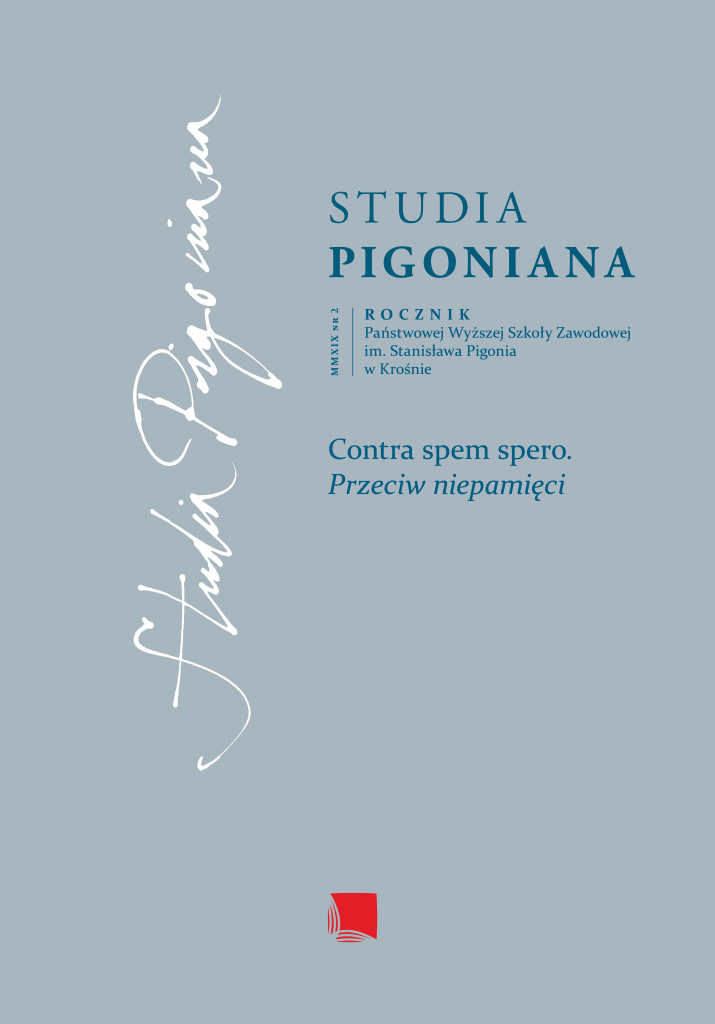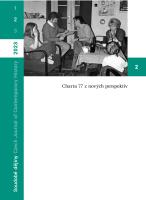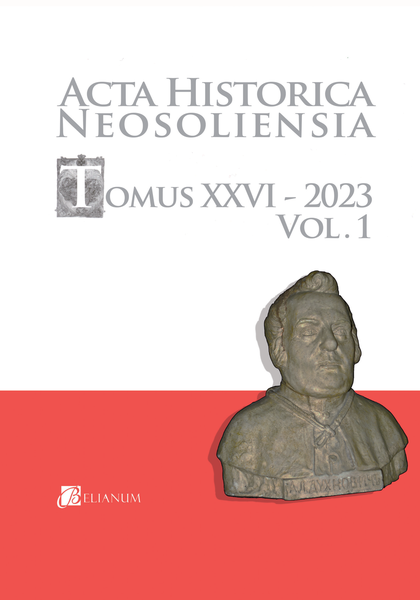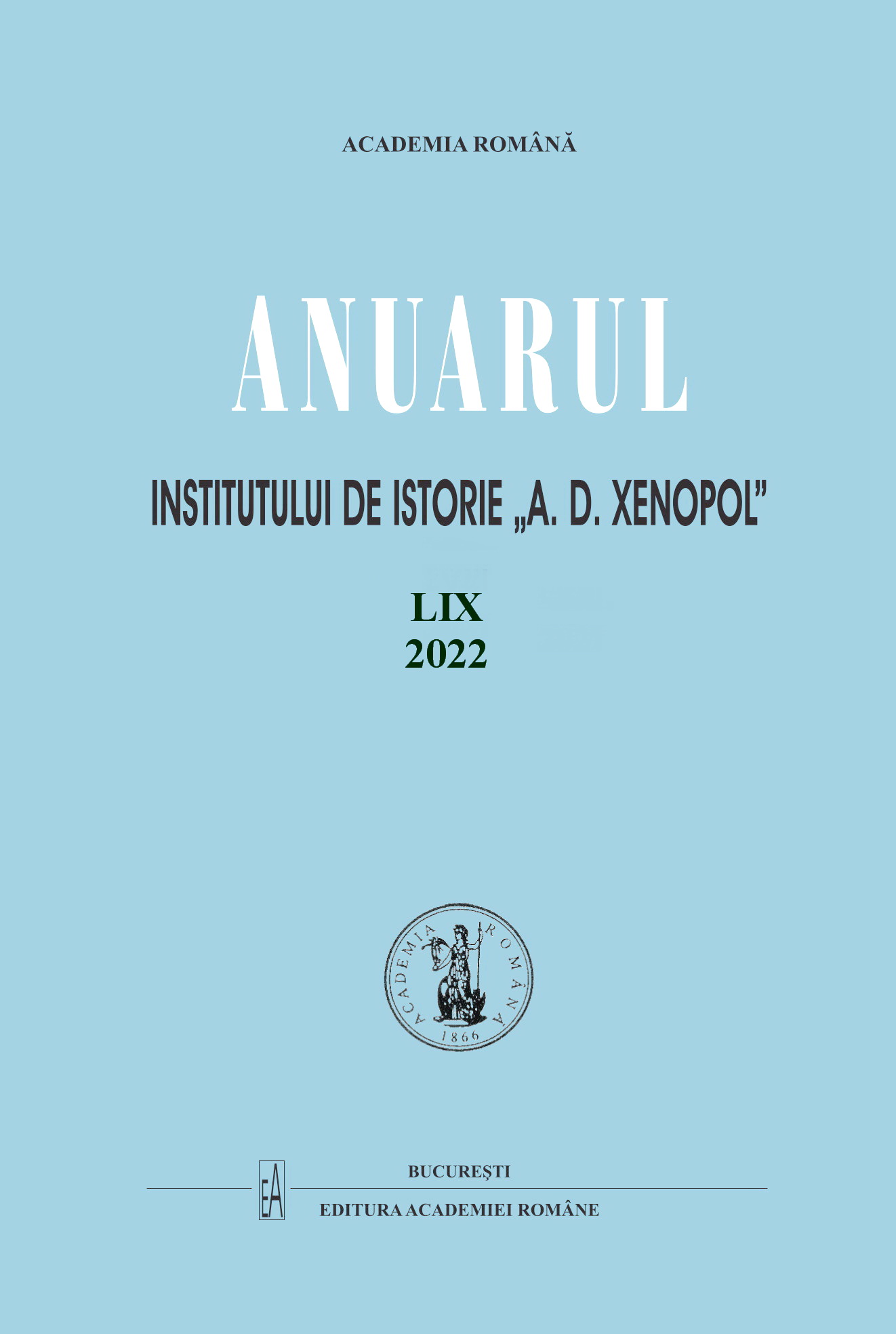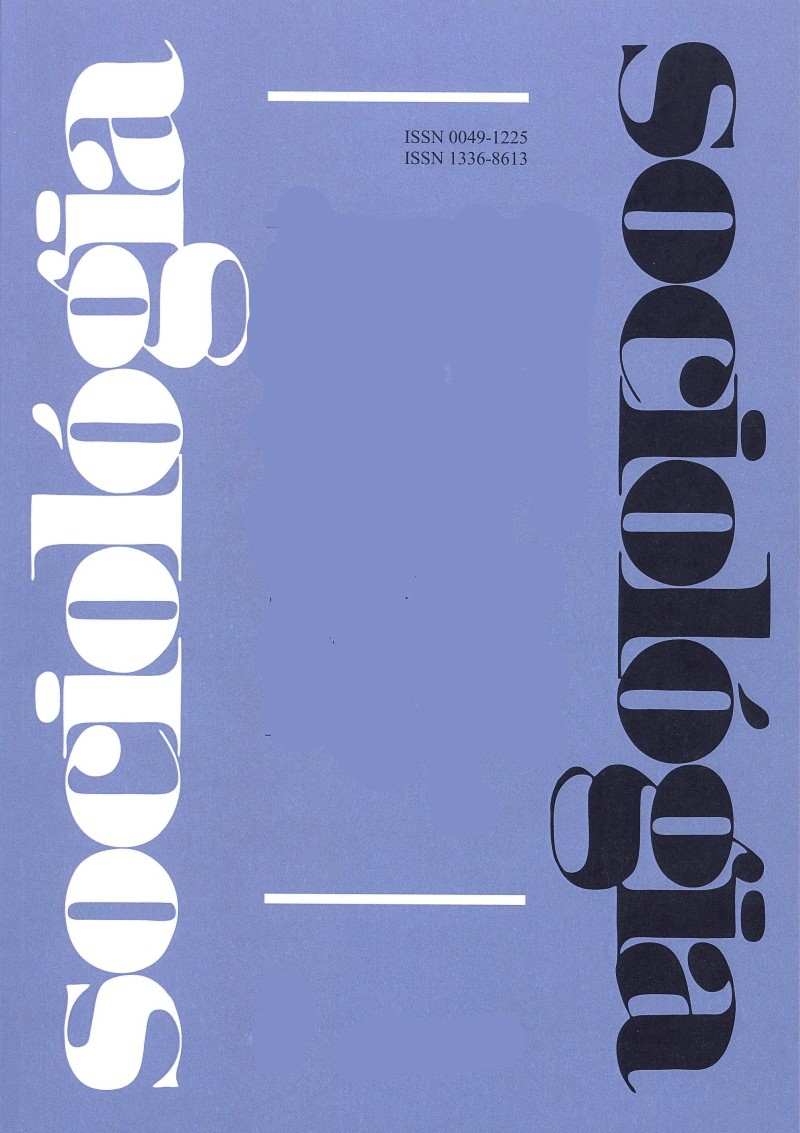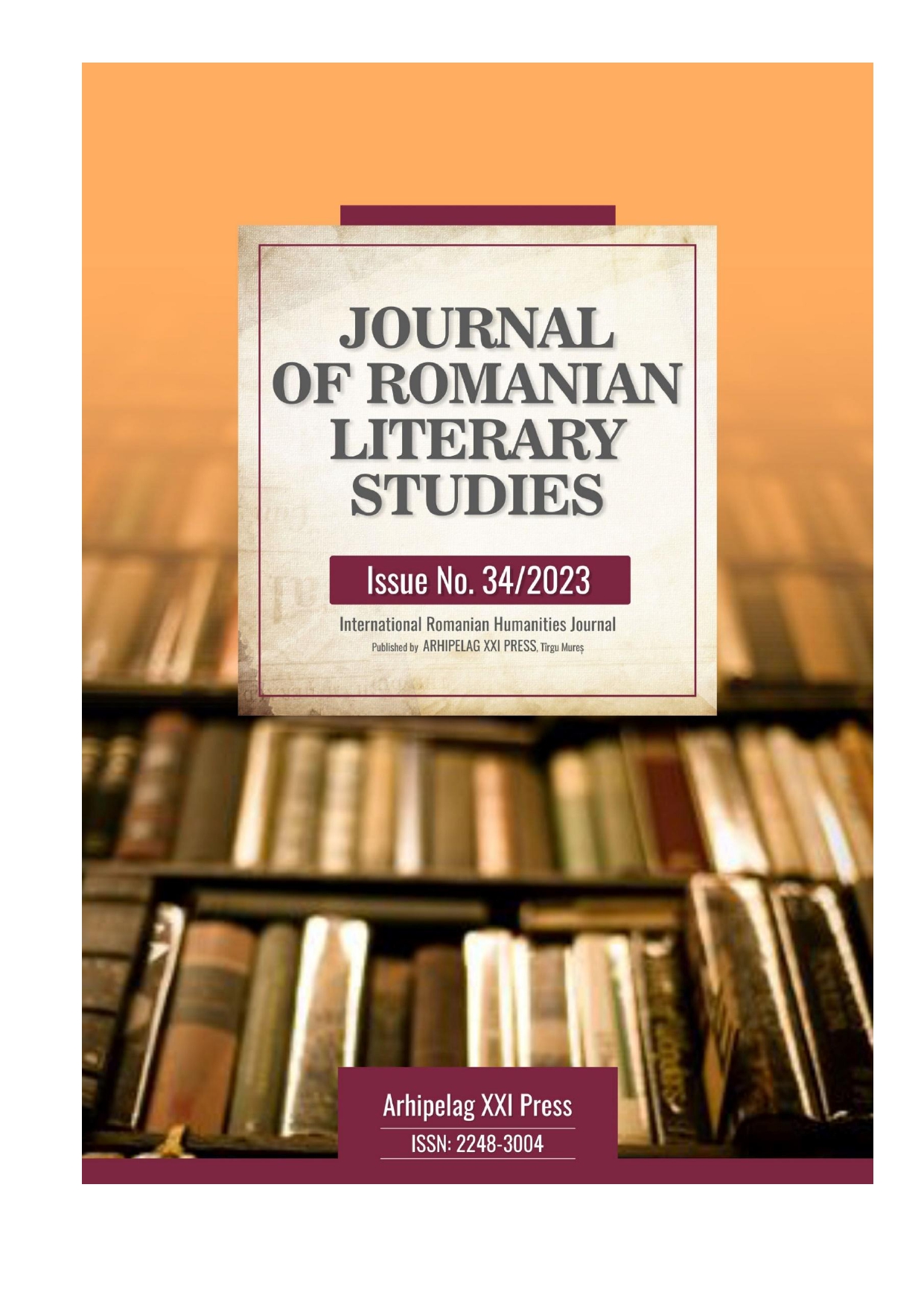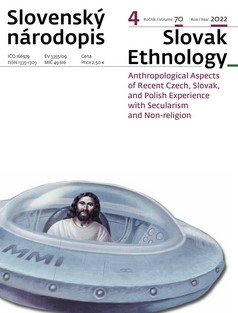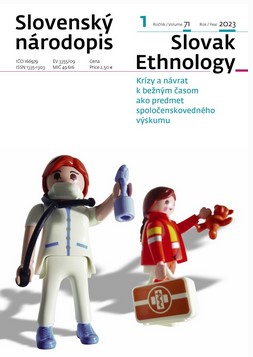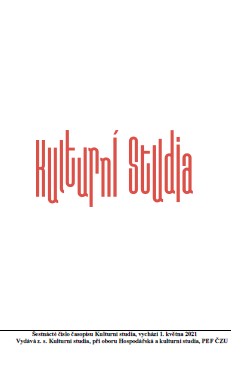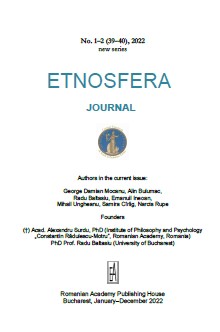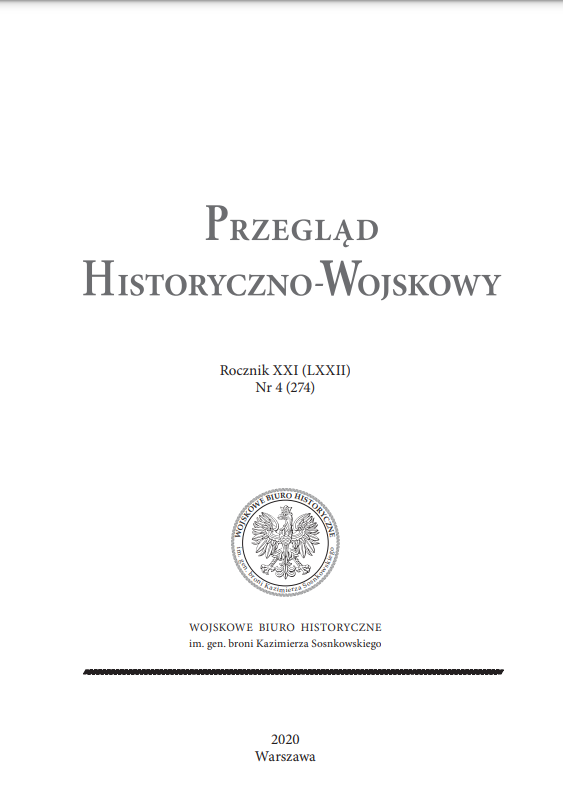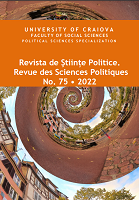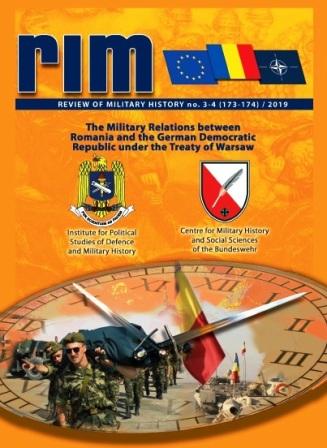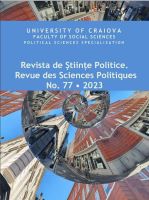Obraz československého disentu v americkém tisku v roce 1977
Author(s): Petra James / Language(s): Czech
Issue: 2/2023
The study traces how the American press covered Charter 77’s appearances in the first year of its existence, a subject hitherto unstudied. Czechoslovak dissent attracted international attention after major Western newspapers published the constitutive “Charter 77 Declaration” of January 1, 1977. The subsequent prosecution of the Charter’s spokespersons and other signatories sparked a wave of protest and support in the West. The interest of the Western media was crucial for the dissidents, as it was the main way to inform the international public about their activities, and often the only way to get some protection against domestic repression. The situation in Czechoslovakia in the early months of 1977 was also monitored by the media and government authorities in the United States. The author finds, however, that of the major American newspapers, only The Christian Science Monitor, The New York Times, and, to a lesser extent, The Washington Post reported on the Charter on a regular basis. She introduces five journalists who reported on the subject more consistently on these platforms (and in some magazines, too). These were Eric Bourne (1909–1999), Malcolm W. Browne (1931–2012), Michael Getler (1935–2018), Paul Hofmann (1912–2008), and Charles W. Sawyer (born 1941). She examines their professional careers and their engagement in Czechoslovak affairs, introduces their reflections on dissent and the conditions in the Eastern Bloc countries, and characterizes their typical approach and point of view in the context of the American journalism of their time. She chronicles their trips to Czechoslovakia and meetings with dissidents in the first months of 1977, which usually ended with their expulsion from the country, and juxtaposes their journalism and memoirs with State Security documents. In doing so, she shows the problematic contexts in which they reported on Czechoslovakia and Central Europe, and suggests certains hifts and distortions to which the ideas and activities of Czechoslovak dissent were subjected in their mediation and “translation” for the American press. It was this “translation”, complicated by the limited contacts American journalists had with dissidents, that mattered more to the media image of the Charter trought the United States of 1977 than the original ideas of Jan Patočka or Václav Havel. It can be concluded that American journalists represented the dissident movement in the long run as a continuation of the Second World War conflict, which the dissidents had shifted to a field of competing political, economic, ethical, and philosophical ideas and visions.
More...
